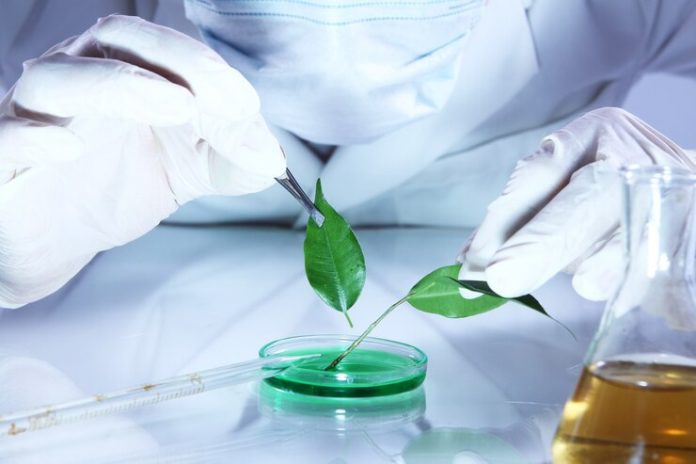Biotechnology has emerged as a transformative force, driving breakthroughs in both healthcare and agriculture. From cutting-edge medical treatments to genetically modified crops, biotechnology is revolutionizing the way we address global challenges and improve human well-being. In this blog, we will explore the latest innovations in biotechnology, examining their impact on healthcare and agriculture and their potential to shape the future of our world.
The Intersection of Biotechnology and Healthcare
Precision Medicine
- Biotechnology enables personalized treatments tailored to an individual’s genetic makeup, leading to more effective and targeted therapies.
- Advances in genomics, proteomics, and bioinformatics are driving precision medicine approaches, improving patient outcomes and reducing healthcare costs.
Gene Editing
- Technologies such as CRISPR-Cas9 allow precise modification of genes, offering potential treatments for genetic disorders and diseases.
- Gene editing holds promise for developing novel therapies, such as gene therapy and cell-based therapies, for a wide range of conditions.
Biopharmaceuticals
- Biotechnology has revolutionized drug discovery and development, leading to the production of biopharmaceuticals such as monoclonal antibodies, vaccines, and gene therapies.
- These biologics offer targeted treatments with fewer side effects and greater efficacy, transforming the treatment landscape for diseases such as cancer, autoimmune disorders, and infectious diseases.
Biotechnology in Agriculture
Genetic Engineering
- Biotechnology enables the modification of crops for improved yield, pest resistance, and nutritional content.
- Genetically modified organisms (GMOs) have the potential to address food security challenges and reduce the environmental impact of agriculture.
Precision Agriculture
- Biotechnology tools such as drones, sensors, and data analytics enable farmers to optimize crop management practices, leading to increased productivity and sustainability.
- Precision agriculture techniques help conserve resources such as water and fertilizers while minimizing environmental impact.
Biofuels and Biomaterials
- Biotechnology offers alternative solutions to traditional fossil fuels, with biofuels derived from renewable sources such as algae, corn, and sugarcane.
- Biomaterials produced through biotechnology, such as bioplastics and bio-based materials, offer sustainable alternatives to petroleum-based products.
Ethical and Regulatory Considerations
Ethical Issues
- Biotechnology raises ethical questions related to genetic manipulation, privacy, and equity in access to treatments and technologies.
- Ethical frameworks and guidelines are essential for ensuring responsible research and application of biotechnological innovations.
Regulatory Frameworks
- Robust regulatory frameworks are necessary to assess the safety and efficacy of biotechnological products and ensure their responsible use.
- Regulatory agencies play a crucial role in evaluating and approving biotechnology products for commercialization, balancing innovation with public health and environmental protection.
Inference
Biotechnology continues to drive innovation and transform both healthcare and agriculture, offering solutions to some of the most pressing challenges facing humanity. From precision medicine and gene editing to genetically modified crops and sustainable agriculture practices, biotechnological breakthroughs have the potential to improve human health, enhance food security, and promote environmental sustainability. However, it is essential to address ethical, social, and regulatory considerations to ensure that biotechnology is deployed responsibly and ethically. Join us as we explore the latest innovations in biotechnology and their impact on healthcare, agriculture, and society as a whole.























